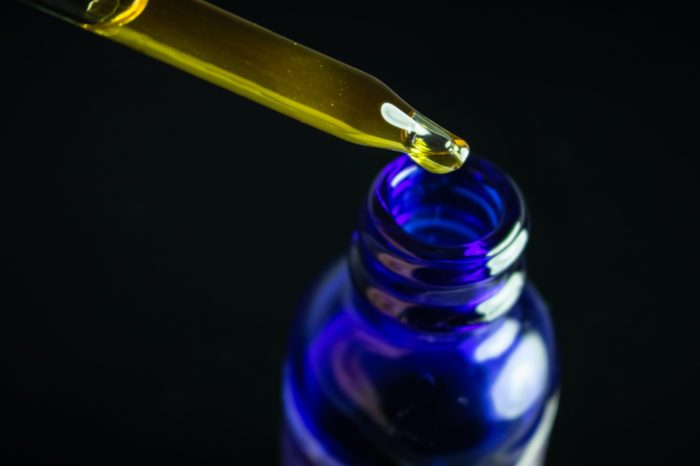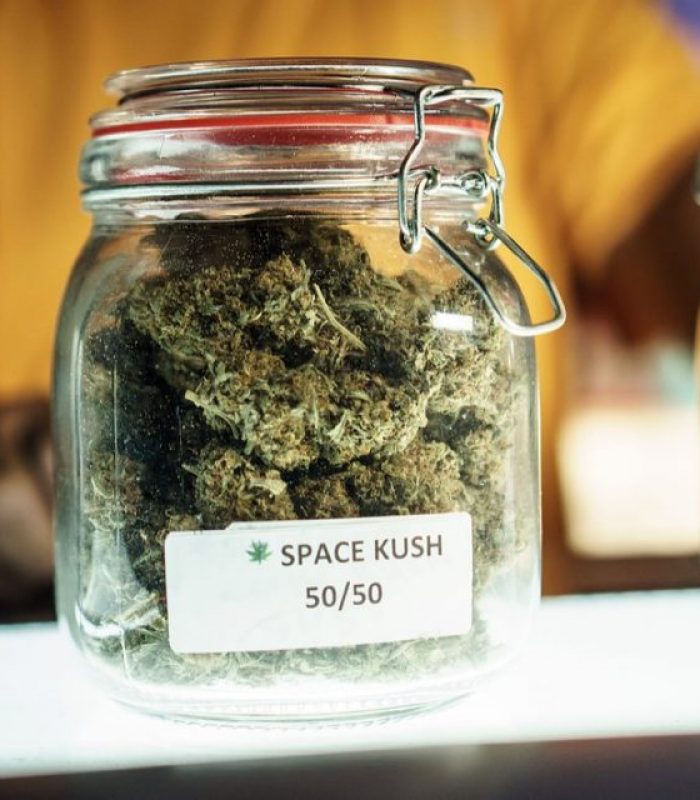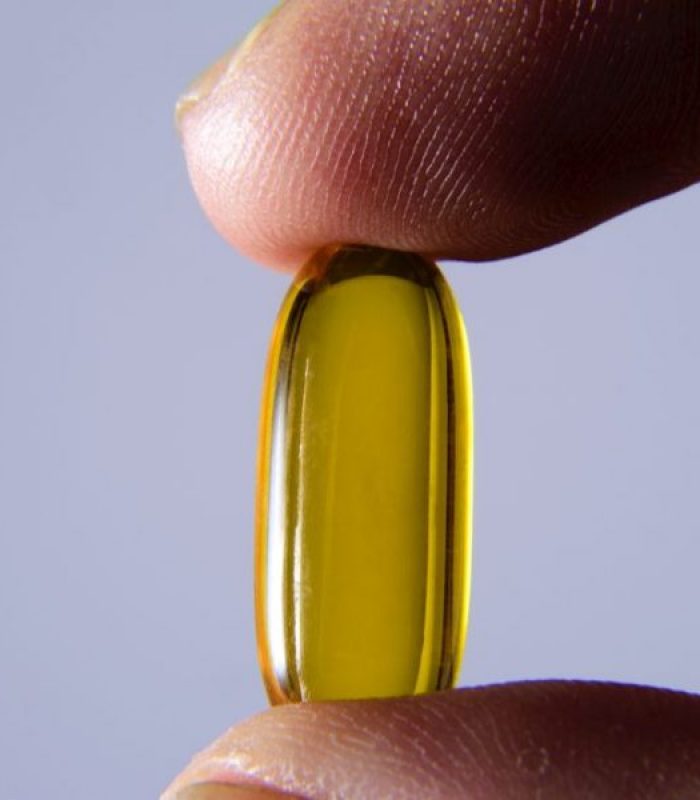Getting started on medical cannabis can be daunting. Many patients start with an oil taken under the tongue.
It seems that overnight cannabis has burst onto the mainstream. Virtually everyone has questions about medicinal cannabis thanks to increased legal access and better clinical research. Are you one of the patients wondering about medical cannabis, including what health conditions it may treat, how to use cannabis oil, and how to safely dose?
Unfortunately, despite so many burning questions, the internet is rife with inadequate answers. If you are curious about trying medicinal cannabis, it’s tough to find a reliable resource for accurate information. This guide is working to right this wrong. The following is a compilation of frequently asked questions about medical cannabis, from curious people like yourself.
Is Medical Cannabis Right for You?
Set aside your questions on how to use cannabis oil for now. First, it’s critical to determine if this medicine is right for you. Cannabis contains hundreds of different compounds, including the two primary compounds THC and CBD.
While both have massive potential in medicine, THC can be difficult for novice patients. THC is the cannabinoid that causes intoxication. While potent for pain relief (among other applications), it can impact mental health. According to The Health Effects of Cannabis and Cannabinoids: The Current State of Evidence and Recommendations for Research, published in 2017, there are links between heavy cannabis use and the development of schizophrenia. For anyone with a history of psychosis, schizophrenia, or other serious mental health concerns – THC-rich cannabis products may not be suitable.[1]The Health Effects of Cannabis and Cannabinoids. (2017). doi: 10.17226/24625
It’s worth reviewing your mental health history with a qualified healthcare professional before diving into medical cannabis head first.

What are the Therapeutic Applications for Medical Cannabis?
With so much attention on the therapeutic applications of cannabis these days, the assumption tends to be that cannabis can cure any disease. This assumption is certainly not the case, but the plant does have many possible medicinal applications – some are well established while others are in the very early stages of research.
Ask your doctor for information related to cannabis for the treatment of your medical condition. While few medical conditions have reached clinical trials, there is a tsunami of research in the early stages – all suggesting good things.
Conditions with a substantial body of research behind them include: epilepsy, inflammation, chronic pain, Multiple Sclerosis, conjunctive therapy to chemotherapy, and anxiety.
At the time of writing, there were forty or more qualifying conditions across the legalized states. It’s an ever-evolving area, with more conditions added all the time. Check with the local regulatory body to determine whether or not you have a qualifying condition.
Do I Need a Prescription for Medical Cannabis?
The short answer is: yes.
In the U.S., there are more than 30 states with medical cannabis programs, and to legally access cannabis in each of these states, patients need what is called a cannabis “recommendation.” In the U.S., cannabis is still a Schedule I substance; therefore, doctors cannot legally provide prescriptions. They can, however, provide “recommendations” for access.
In Canada, where cannabis is legal across the country for medicinal purposes, doctors can provide prescriptions. In other countries, like Germany, Australia, and the U.K., prescriptions are also required.
There is a growing number of places where recreational cannabis is now legal. For adults who meet the legal requirements in these places, no prescription is required. Keep in mind there are still big differences between adult-use and medicinal use products, but these markets at least lower the barrier to entry for patients in need.

Which Medical Cannabis Product is Best?
There are many questions within this question, and as a curious consumer, you’ll have to do a little more digging to determine where to start. Eventually, this will review how to use cannabis oil, but you might want to review all the options before settling on cannabis oil.
There are two general questions to answer:
- How to choose cannabinoid profile
- How to choose a product type
Choosing a Cannabinoid Profile
Different medical conditions call for different cannabinoid profiles. Each cannabinoid (and there are over a hundred) seems to have a slightly different therapeutic application. These all work within the endocannabinoid system, but in somewhat different ways.
For example, research tells us THC may be beneficial for chronic pain [2]Mücke, M., Phillips, T., Radbruch, L., Petzke, F., & Häuser, W. (2018). Cannabis-based medicines for chronic neuropathic pain in adults. The Cochrane database of systematic reviews, 3(3), … Continue reading and the reduction of chemotherapy-induced nausea and vomiting. On the other hand, THC can cause paranoia and increased anxiety, meaning pure THC extractions might not be ideal for those with mental health conditions.[3]Kleckner, A. S., Kleckner, I. R., Kamen, C. S., Tejani, M. A., Janelsins, M. C., Morrow, G. R., & Peppone, L. J. (2019). Opportunities for cannabis in supportive care in cancer. Therapeutic … Continue reading
CBD Is Non-Intoxicating
On the other end of the major cannabinoid spectrum, CBD is non intoxicating. A pharmaceutical preparation is already approved to treat intractable epilepsy. There is also a small clinical trial showing it can reduce the symptoms of anxiety.[4]Bergamaschi, M. M., Queiroz, R. H., Chagas, M. H., de Oliveira, D. C., De Martinis, B. S., Kapczinski, F., Quevedo, J., Roesler, R., Schröder, N., Nardi, A. E., Martín-Santos, R., Hallak, J. E., … Continue reading
Combinations of cannabinoids can also improve medicinal value, thanks to the Entourage Effect, a theory describing how cannabinoids work better when used together. A well-documented example of this is a pharmaceutical preparation containing a 1:1 of THC and CBD approved for the treatment of pain and spasticity associated with multiple sclerosis.
Check the label or as the dispensary staff member to assist with the cannabinoid profile.

Product Type
Although smoking cannabis remains one of the most popular ways patients consume their medicine, there is an argument against it for medicinal purposes. Chronic smoking can lead to respiratory issues, and eventually, bronchitis.
Other options include oils, vaporizers, topicals, and edibles. Each has its pros and cons, and of course, all patients have individual preferences. According to “Practical considerations in medical cannabis administration and dosing” published in 2018, the route of administration (product type) influences medicinal benefit.[5]Maccallum, C. A., & Russo, E. B. (2018). Practical considerations in medical cannabis administration and dosing. European Journal of Internal Medicine, 49, 12–19. doi: 10.1016/j.ejim.2018.01.004
- Smoking – Most popular, but least recommended due to the possibility of respiratory issues
- Vaporization – A smoking-alternative because of a lower risk for respiratory issues (although that is in dispute due to vape cartridges making patients sick)
- Oils and Capsules – Popular among patients because of the ease of dosing and accuracy of dosing (more information on how to use cannabis oil below).
- Edibles – This format may be difficult to get an accurate and consistent dose.
- Topicals – Suggested for “localized symptoms” such as skin conditions and arthritis, but as the authors note, “with limited research evidence.”
How to Properly (and Safely) Dose
Basically, safe dosing means careful control over cannabinoid content. The cannabinoid of primary concern is THC. It is the only known cannabinoid to cause intoxication (or a “high”). Most types of medical cannabis products are challenging to consistently and accurately dose. The exception to this rule is cannabis oil.
Cannabis oil nearly always comes in a dose dropper format, which is a common format for other medicines. How to use cannabis oil, is about learning to calculate cannabinoid content.
Reputable brands of cannabis oil display the total volume of oil on the label, as well as total cannabinoid content. For example, 40 ml of cannabis oil and 1000mg total THC. The label should also indicate how much THC per dropper. From these numbers, you can draw out precisely the dose you require.
In this example, if each dropper full equals 1 ml of oil than the bottle contains a total of 40 full droppers (40 ml). But how much THC is in each full dropper? 1000 mg of THC divided by 40 droppers equals roughly 25 mg each.

But What About THC Content?
For any patient unfamiliar with the effects of THC, how do you use cannabis oil containing THC effectively? You’ll want to begin with a microdose – that means around 2-5 mg of THC.
As you become accustomed to the intoxicating effects, slowly increase every few days until you feel the desired benefits. In rough guidelines provided by Pharmacists.ca, they recommend increasing the cannabinoid dose every three days by 50 percent. Further, for anyone curious about medical cannabis, it can be a daunting topic to get started with. Moreover, the Internet is overflowing with inaccuracies and false claims about the risks and benefits of this ancient medicinal plant.
Finally, even after so much progress in cannabis study, the journey of the patient is still one of self-experimentation (hopefully with some guidance from a knowledgeable healthcare provider). Keep your personal journey a pleasant one by following the above guidelines on “How to use cannabis oil,” and always remember to start low and increase slowly.
References





